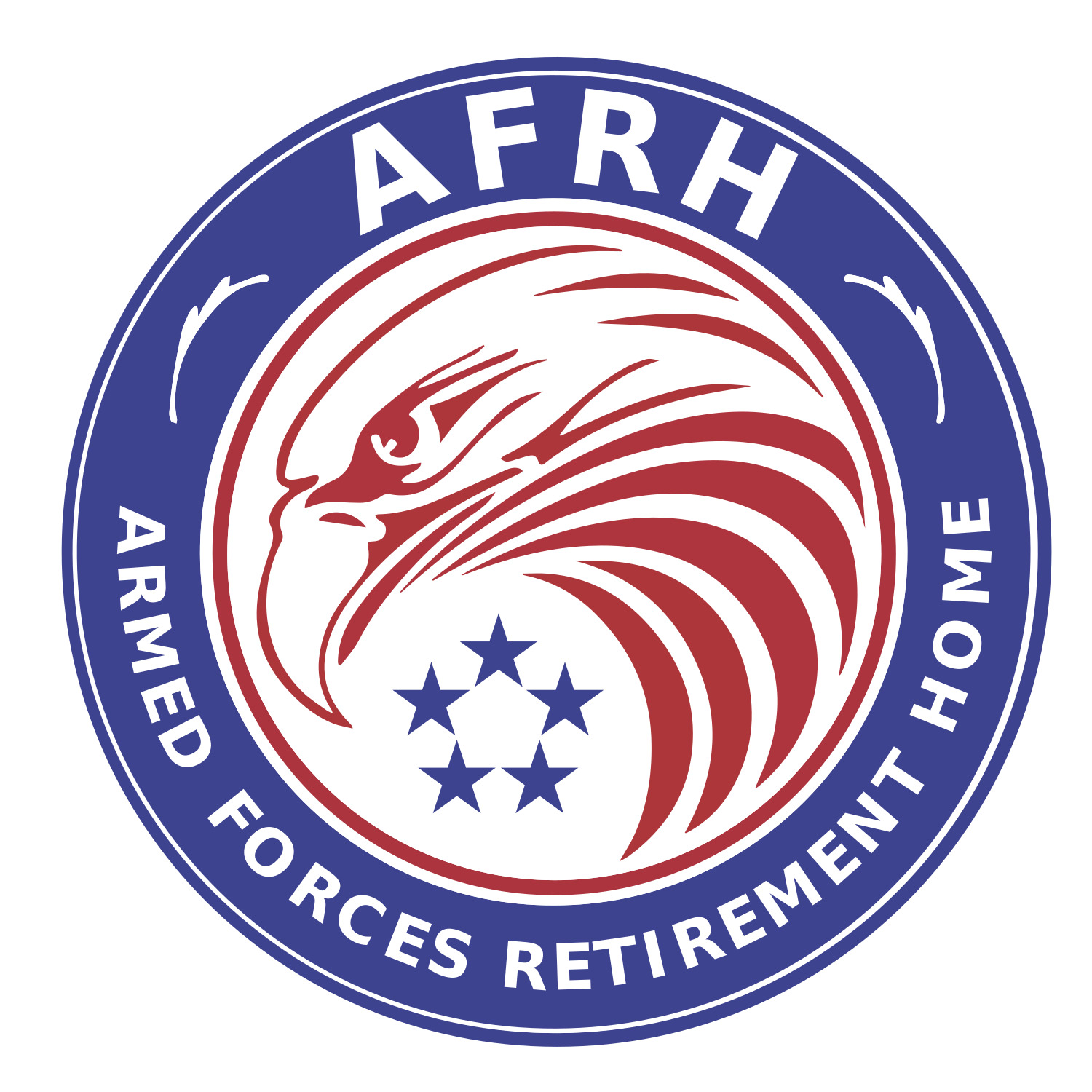AFRH-W Resident Highlight – John Patrick Baker
By Christine Baldwin, Librarian
John Patrick Baker, a fairly new resident, was born in Arkansas in 1929. That year marked the onset of the Great Depression of the 1930s. Cotton and other agricultural prices hit rock bottom and times were very hard there. For many years, Arkansas was often next to last among the then 48 states of the union in economic, educational and social indicators. “We continually gave thanks to our neighbor, Mississippi, which was usually the only state ranked below us in such statistics,” John observed. Today, he notes that Arkansas has the dubious distinction, in his eyes, of being at the very top of the 50 states in citizen obesity and second in the number of guns per capita owned by its citizenry. But he loves his native state none the less.
In the late 1940s, in order to help with his college expenses, John joined the local infantry company of the Arkansas National Guard, and while that unit did not get called up for active duty in the Korean War, John allowed himself to be drafted for individual active service in the U.S. Army in 1951. He was sent to Fort Sill, Oklahoma, for basic artillery training. After that he was assigned to the 235th Field Artillery Observation Battalion, which was located in an area at the Korean front called the “Iron Triangle” in the IX Corps sector. John modestly says his most significant contribution was digging and closing latrines, called slit trenches, for his battery in the often frozen terrain of North Korea. He was returned to the states the month the hostilities in Korea ended in July 1953.
As far as his Army service is concerned, John believes today’s Army is quite different from the one in which he served in at least one respect. In the aftermath of the sudden invasion of South Korea in 1950 by North Korea, supported by Russia and China, there was an immediate and urgent need for massive numbers of American ground troops. For the average enlisted recruit like himself, the basic demands were “obey orders, keep your mouth shut and your bowels open.” He also had to know the close order drill and the relatively simple nomenclature and operation of the M-1 Garand rifle and carbine. Today, John thinks there must be greater technical training and demands on the new soldiers. The highest rank he achieved was E-4, corporal.
After his military service, John went to law school on the G.I. Bill; first at the University of Arkansas and then at Georgetown University Law Center in Washington, D.C. After completing his legal studies, he got a job on Capitol Hill and worked for congressional offices for the next 20-plus years, the last thirteen of which were as the assistant chief counsel of the House Ways and Means Committee. John retired from the Hill in 1981. John jokes “the normal progression from working that long on Capitol Hill should have been immediate mandatory admission to St. Elizabeth’s Hospital! Instead I went to seminary and after graduation became a Methodist minister.” He served as the Assistant Pastor at Foundry United Methodist Church in Washington, D.C. He confesses, tongue in cheek and with a twinkle in his eye, “perhaps my principal motivation for this change in direction was to do penance for all those years on the Hill and hopefully to lessen somewhat my time in Purgatory.”
John retired from the ministry in 1991, but still engages in volunteer work. He was a volunteer teacher of English in Slovakia in 1992 and in Vietnam in 1995. For thirty years, until age prevented it, he was a volunteer driver for McKenna’s Wagon for Martha’s Table. It is a soup and sandwich van serving the inner-city communities in D.C. He is still a hospice volunteer and has amassed over 2,000 volunteer hours at Mount Vernon, George Washington’s estate. Hence his hairdo! You may have thought of him as a hippie, but look on your quarter and you’ll see how George Washington wore his hair!
John is divorced and has a son and daughter and two grandsons. His hobbies are ballroom dancing and singing. He loves living at AFRH Washington. “Everything here is just great!” he declares. “I have found a very nice home!”
- Log in to post comments
